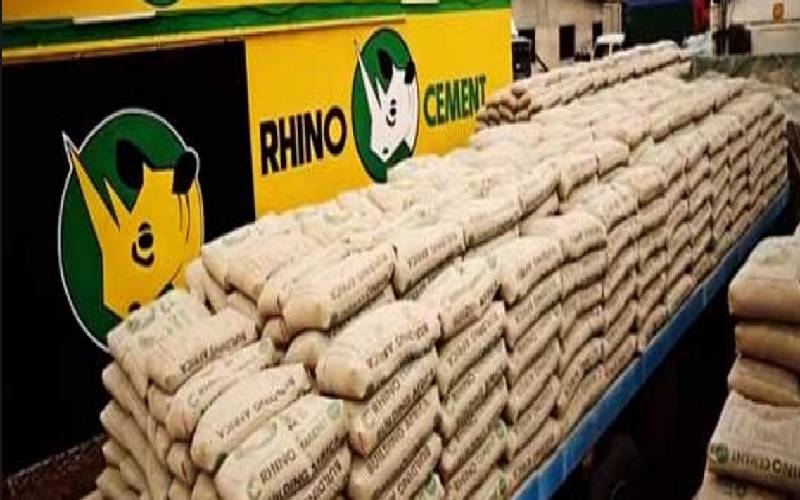×
The Standard e-Paper
Stay Informed, Even Offline

Kenya is paying a huge price for presiding over the collapse of the cement manufacturing industry as domestic exports dropped by 87 per cent over the last three years.
According to the Kenya National Bureau of Statistics (KNBS), the value of cement exports was Sh877 million in the first quarter of 2017. This has fallen sharply to Sh11 million between January and March this year.







